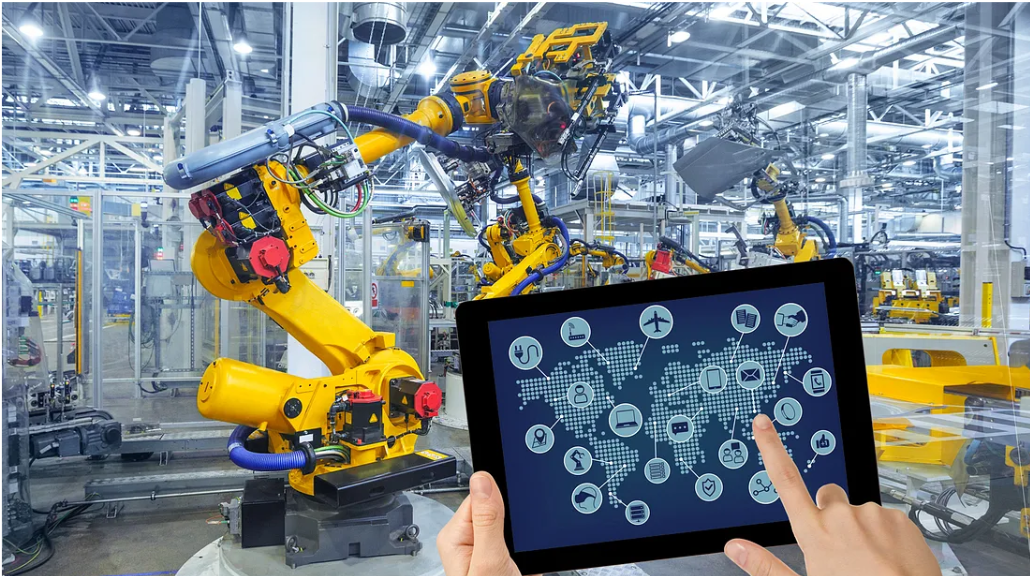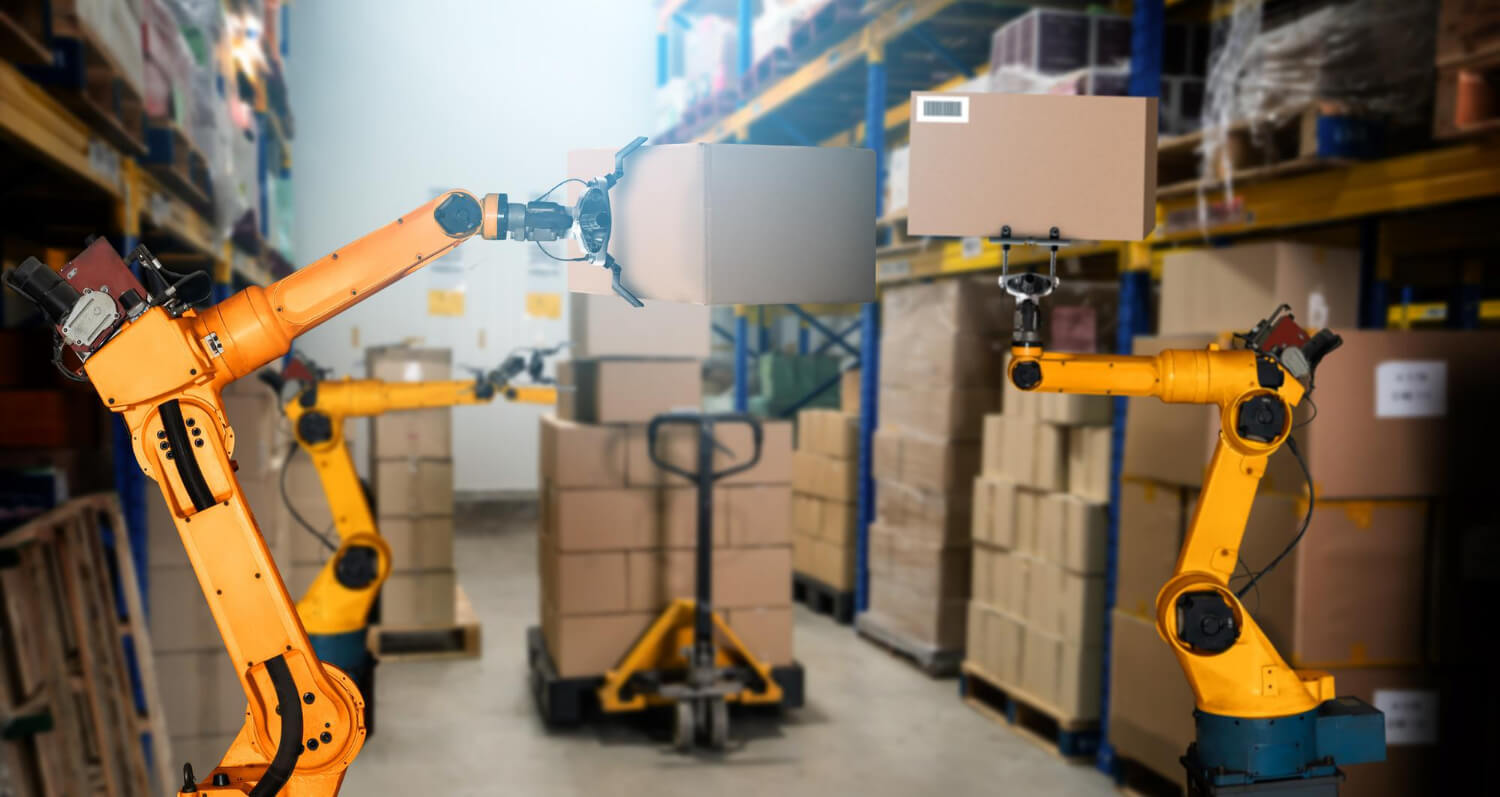Introduction
The integration of Information Technology (IT) in the industrial machinery manufacturing industry has revolutionized the way businesses operate, driving significant advancements in efficiency, innovation, and competitiveness. From smart manufacturing and digital twins to advanced analytics and cloud computing, IT has become the backbone of modern manufacturing processes.
By enabling seamless connectivity, real-time data exchange, and enhanced decision-making, IT technologies are not just supporting but transforming the industry, paving the way for a more agile, responsive, and sustainable future.
Smart Manufacturing and Industry 4.0:
IT is the backbone of smart manufacturing and Industry 4.0, enabling the integration of cyber-physical systems, the Internet of Things (IoT), and cloud computing. This allows for real-time data exchange between machines, sensors, and systems, leading to more responsive and agile manufacturing processes.

Digital Twins:
IT enables the creation of digital twins—virtual replicas of physical assets. These digital models simulate and monitor the performance of machinery, allowing manufacturers to optimize operations, predict failures, and improve the design of future products.

Advanced Analytics and Big Data:
IT facilitates the collection and analysis of massive amounts of data generated during manufacturing processes. Advanced analytics, powered by big data technologies, help manufacturers gain insights into production efficiency, product quality, and customer preferences, enabling data-driven decision-making.

Enterprise Resource Planning (ERP) Systems:
ERP systems integrate various business processes across the manufacturing organization, from procurement and production to sales and finance. This centralization of data and processes improves coordination, reduces operational costs, and enhances decision-making.

Supply Chain Management:
IT plays a crucial role in optimizing supply chains by providing real-time visibility into inventory levels, supplier performance, and logistics. This leads to more efficient supply chain operations, reduced lead times, and better demand forecasting.

Cloud Computing:
The adoption of cloud computing in manufacturing allows companies to access powerful computing resources and storage without significant capital investment. Cloud-based platforms enable collaboration, scalability, and flexibility, which are essential for managing complex manufacturing processes.

Cybersecurity:
As manufacturing becomes increasingly digital, the importance of cybersecurity cannot be overstated. IT technologies are vital for protecting industrial control systems (ICS), proprietary data, and intellectual property from cyber threats, ensuring the continuity and security of manufacturing operations.

Conclusion
The impact of IT technology on the industrial machinery manufacturing industry is profound and far-reaching. As manufacturers continue to embrace digital transformation, IT will play an increasingly pivotal role in shaping the future of the industry.
By leveraging IT, companies can achieve greater operational efficiency, drive innovation, enhance product quality, and meet the growing demands for customization and sustainability. Ultimately, the successful integration of IT into manufacturing processes will determine the industry's ability to thrive in a highly competitive and ever-evolving global market.
